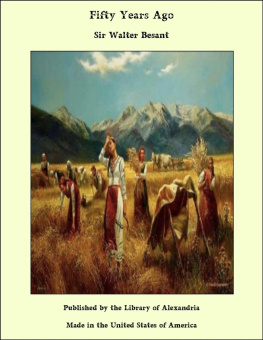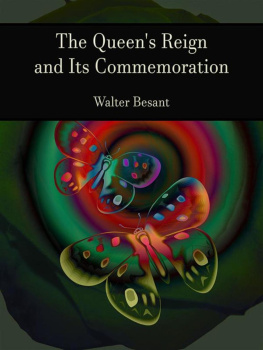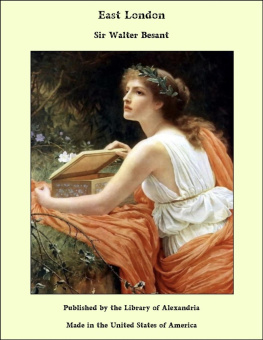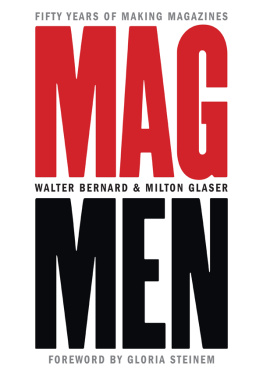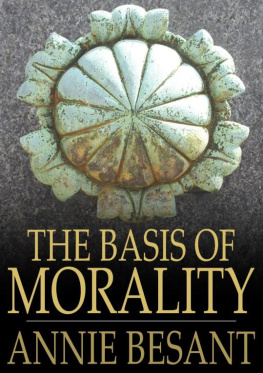Transcribers Note:
Text on cover added by Transcriber and placed in the Public Domain.
THE PRINCESS VICTORIA IN 1830
(From the Picture by Richard Westall , R.A., at Windsor Castle.)
FIFTY YEARS AGO
BY
WALTER BESANT
AUTHOR OF ALL SORTS AND CONDITIONS OF MEN ETC.
Windsor Castle
PROFUSELY ILLUSTRATED
NEW YORK
HARPER & BROTHERS, FRANKLIN SQUARE
By WALTER BESANT.
ALL IN A GARDEN FAIR. 4to, Paper, 20 cents.
DOROTHY FORSTER. 4to, Paper, 20 cents.
FIFTY YEARS AGO. 8vo, Cloth. (Just Published.)
HERR PAULUS. 8vo, Paper, 35 cents.
KATHERINE REGINA. 4to, Paper, 15 cents.
LIFE OF COLIGNY. 32mo, Paper, 25 cents.
SELF OR BEARER. 4to, Paper, 15 cts.
THE WORLD WENT VERY WELL THEN. Illustrated. 4to, Paper, 25 cents.
THE CHILDREN OF GIBEON. 4to, Paper, 20 cents.
THE HOLY ROSE. 4to, Paper, 20 cents.
TO CALL HER MINE. Illustrated. 4to, Paper, 20 cents.
UNCLE JACK AND OTHER STORIES. 12mo, Paper, 25 cents.
By WALTER BESANT AND JAMES RICE.
ALL SORTS AND CONDITIONS OF MEN. 4to, Paper, 20 cents.
BY CELIAS ARBOR. Illustrated. 8vo, Paper, 50 cents.
SHEPHERDS ALL AND MAIDENS FAIR. 32mo, Paper, 25 cents.
SO THEY WERE MARRIED. Illustrated. 4to, Paper, 20 cents.
SWEET NELLY, MY HEARTS DELIGHT. 4to, Paper, 10 cents.
THE CHAPLAIN OF THE FLEET. 4to, Paper, 20 cents.
THE CAPTAINS ROOM. 4to, Paper, 10 cents.
THE GOLDEN BUTTERFLY. 8vo, Paper, 40 cents.
TWAS IN TRAFALGARS BAY. 32mo, Paper, 20 cents.
WHEN THE SHIP COMES HOME. 32mo, Paper, 25 cents.
Published by HARPER & BROTHERS, New York.
Any of the above works will be sent by mail, postage prepaid, to any part of the United States or Canada, on receipt of the price.
PREFACE.
It has been my desire in the following pages to present a picture of society in this country as it was when the Queen ascended the throne. The book is an enlargement of a paper originally contributed to The Graphic. I have written several additional chapters, and have revised all the rest. The chapter on Law and Justice has been written for this volume by my friend Mr. W. Morris Colles, of the Inner Temple. I beg to record my best thanks to that gentleman for his important contribution.
I have not seen in any of the literature called forth by the happy event of last year any books or papers which cover the exact ground of this compilation. There are histories of progress and advancement; there are contrasts; but there has not been offered anywhere, to my knowledge, a picture of life, manners, and society as they were fifty years ago.
When the editor of The Graphic proposed that I should write a paper on this subject, I readily consented, thinking it would be a light and easy task, and one which could be accomplished in two or three weeks. Light and easy it certainly was in a sense, because it was very pleasant work, and the books to be consulted are easily accessible; but then there are so many: the investigation of a single point sometimes carried one through half-a-dozen volumes. The two or three weeks became two or three months.
At the very outset of the work I was startled to find how great a revolution has taken place in our opinions and ways of thinking, how much greater than is at first understood. For instance, America was, fifty years ago, practically unknown to the bulk of our people; American ideas had little or no influence upon us; our people had no touch with the United States; if they spoke of a Republic, they still meant the first French Republic, the only Republic they knew, with death to kings and tyrants; while the recollection of the guillotine still preserved cautious and orderly people from Republican ideas.
Who now, however, connects a Republic with a Reign of Terror and the guillotine? The American Republic, in fact, has taken the place of the French. Again, though the Reform Bill had been, in 1837, passed already five years, its effects were as yet only beginning to be felt; we were still, politically, in the eighteenth century. So in the Church, in the Law, in the Services, in Society, we were governed by the ideas of the eighteenth century.
The nineteenth century actually began with steam communication by sea; with steam machinery; with railways; with telegraphs; with the development of the colonies; with the admission of the people to the government of the country; with the opening of the Universities; with the spread of science; with the revival of the democratic spirit. It did not really begin, in fact, till about fifty years ago. When and how will it end? By what order, by what ideas, will it be followed?
In compiling even such a modest work as the present, one is constantly attended by a haunting dread of having forgotten something necessary to complete the picture. I have been adding little things ever since I began to put these scenes together. At this, the very last moment, the Spirit of Memory whispers in my ear, Did you remember to speak of the high fireplaces, the open chimneysup which half the heat mountedthe broad hobs, and the high fenders, with the fronts pierced, in front of which peoples feet were always cold? Did you remember to note that the pin of the period had its head composed of a separate piece of wire rolled round; that steel pens were either as yet unknown, or were precious and costly things; that the quill was always wanting a fresh nib; that the wax-match did not exist; that in the country they still used the old-fashioned brimstone match; that the night-light of the period was a rush candle stuck in a round tin cylinder full of holes; and that all the ladies dress had hooks and eyes behind?
I do not think that I have mentioned any of these points; and yet, how much food for reflection is afforded by every one! Reader, you may perhaps find my pictures imperfect, but you can fill in any one sketch from your own superior knowledge. Meantime, remember this. As nearly as possible, fifty years ago, the eighteenth century passed away. It died slowly; its end was hardly marked.
King William the Fourth is dead. Alas! how many things were dying with that good old king! The steam-whistle was already heard across the fields: already in mid-ocean the great steamers were crossing against wind and tide: already the nations were slowly beginning to know each other: Privilege, Patronage, and the Power of Rank were beginning already to tremble, and were afraid: already the working man was heard demanding his vote: the nineteenth century had begun. We who have lived in it; we who are full of its ideas; we who are all swept along upon the full stream of itwe know not, we cannot see, whither it is carrying us.
W. B.

